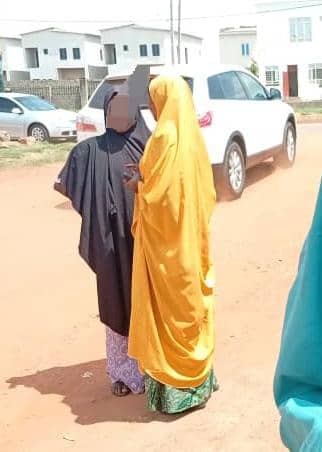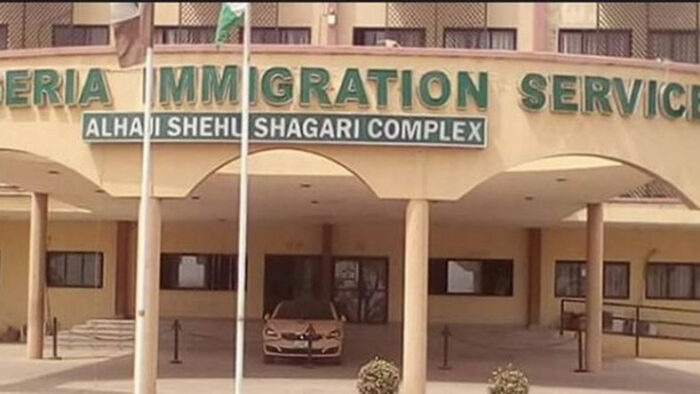How Underaged Girls Are Trafficked, Exploited in Northwest Nigeria
By Aisha Gambo At just 10 years old, Ladidi Mudi (not real name) wakes at 5:00 a.m. daily. But unlike children her age who prepare for school, her mornings begin with sweeping, mopping, and washing dishes in the home of a stranger she calls “mummy” in Unguwan Rimi, GRA, Kaduna.Continue Reading















